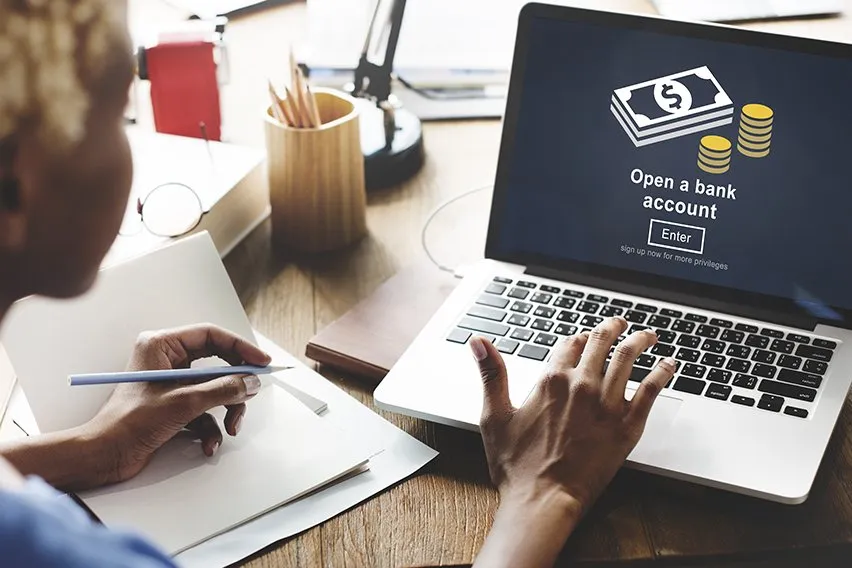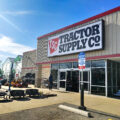Financial inclusion has risen the worldwide development schedule over the last decade for a good cause. In sub-Saharan Africa, three-quarters of adults no longer have access to a bank account, significantly proscribing their potential to save, make investments, and plan for their future. Still, banks have struggled to discover a commercial enterprise model that justifies the high transaction expenses of reaching that maximum in want. We established the village savings and loans affiliation (VSLA) version in Niger in 1991 to cater to the people the banks had been not imparting to, and now more than 20 years later, there are eight million members of VSLAs in Africa by myself.

However, while those casual agencies can act as an essential first step toward financial inclusion, they are no longer a panacea. As corporations mature, many are seeking the safety of a bank account to keep their growing savings or desire for larger loans than the organization can offer. We now want to attend to their new wishes and how we can stick with a financial savings-led approach to the rush to link them to formal monetary institutions. To reply to these demands, we’ve mounted partnerships with the monetary and telecoms sectors to combine our one-of-a-kind styles of knowledge with exploring models connecting savings groups with formal economic services.
We know mobile money can make formal institutions more reachable to far-off VSLA groups as transaction costs decrease and thereâ€┠¢s no need to go to a bodily department. We’ve labored with Telenor and Easypaisa in Pakistan to permit branchless banking for women via a cell walletâ€┠¢ and Vodacom and M-Pesa in Tanzania to allow financial savings agencies to use M-Pesa money owed to store their excess funds.
But in Kenya, from our partnership with Orange and Fairness Bank, we’ve made specific changes to how proper organization accounts work so that VSLA individuals might be able to benefit from their informal financial savings practices, making the transition to formal banking for them less difficult. With the financial institution and the cellphone network, we advanced a protection verification device that requires 3 VSLA contributors to provide non-public identification numbers for each transaction; the electronic equivalent of the 3-padlock VSLA metal lockbox that forestalls someone man or woman from having access to the institutionâ€⠓¢s cash. That is a breakthrough, the first gadget that allows organizations the same kind of comfortable cell access.
For NGOs, this is an instance wherein enticing the enterprise network in this area means we can have a greater impact. Since 2009, we’ve also worked with Plan and Barclays on Banking on change. Itt is a collaborative mission to graduate even extra communities from VSLAs to formal monetary institutions. We see increasingly corporations that have stored for numerous cycles effectively now suffering from excessive cash in their financial savings box to be considered safe.
READ MORE :
- US stocks suffer their worst first week of the year since records began
- Green investment banks are no longer required by law to invest in green projects. What is the right relationship between technology companies and journalism?
- How to manage mental health: the music industry’s new priority
- Dutch city plans to pay citizens a basic income, and Greens say it could work in the UK
Our answer was four banking products that permit financial savings and loan agencies to open accounts with Barclays in 5 African nations. In Uganda and Kenya, this indicates presenting agencies with low-fee financial savings debts without a minimum deposit.
Over 2ar hundred mature organizations (about sixty-two,500 humans) have now opened money owed. The preliminary effects of linking these financial savings organizations to banks advise that savings, according to members, will increase by 40-onehundred% after a group has been related. thirteen% of group members have additionally moved onto establishing man or woman money owed. That is of social and developmental significance; however, it is more notably of interest to any bank wondering whether it’s worth targeting VSLA groups from a commercial enterprise point of view.












